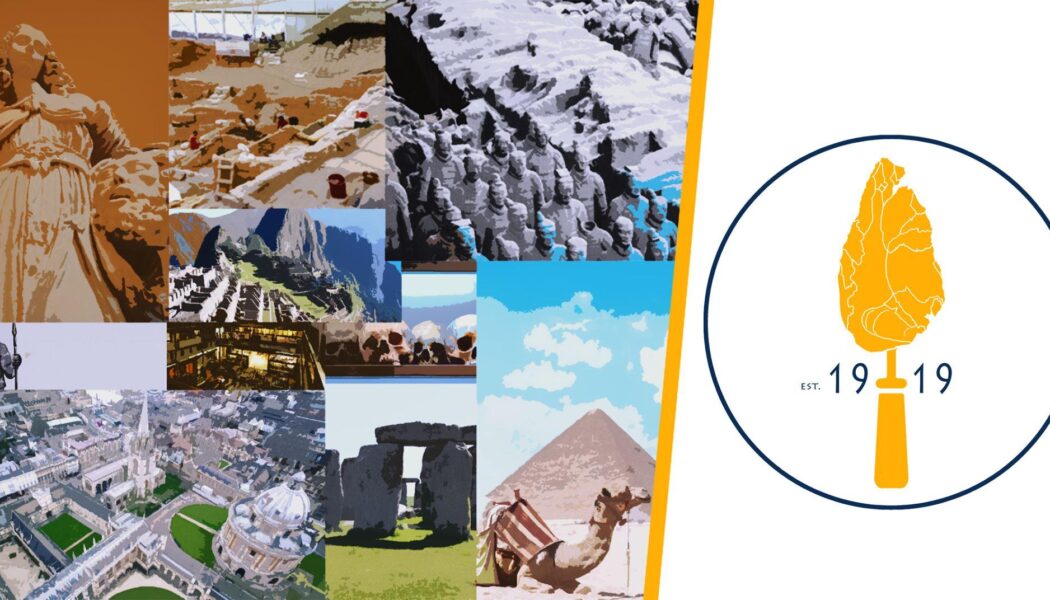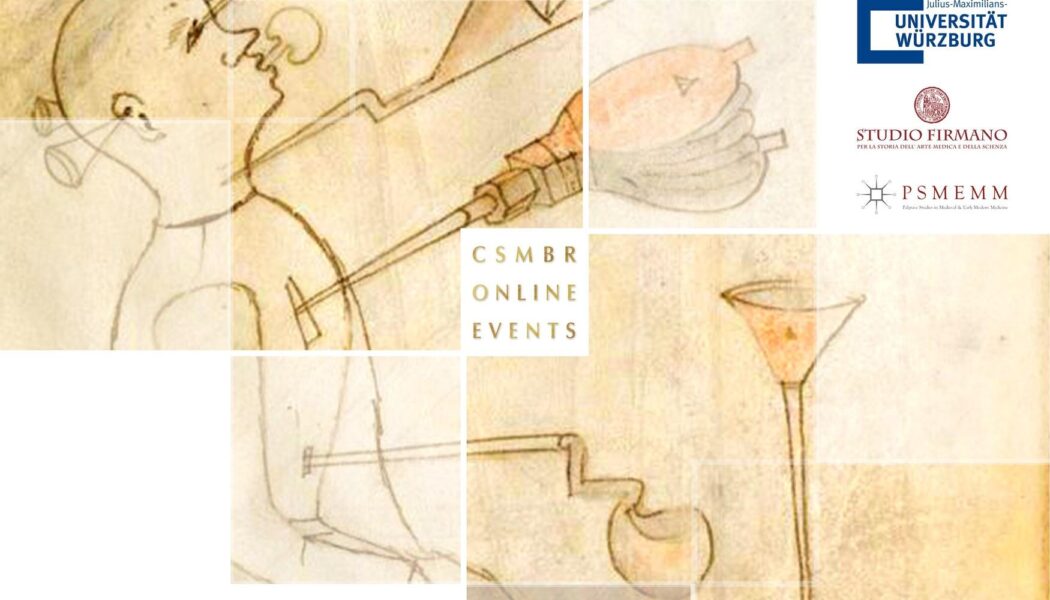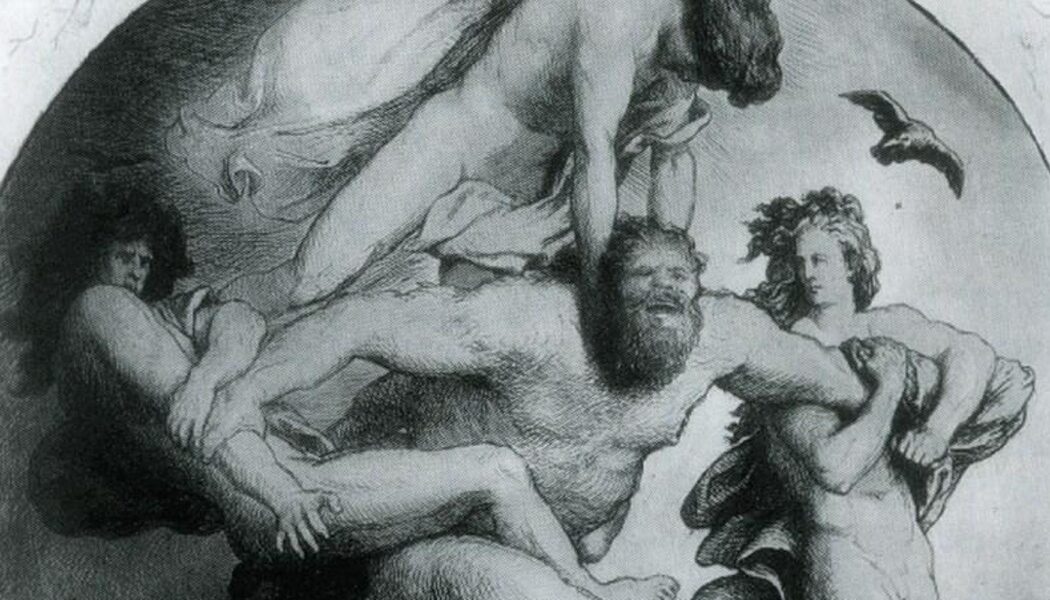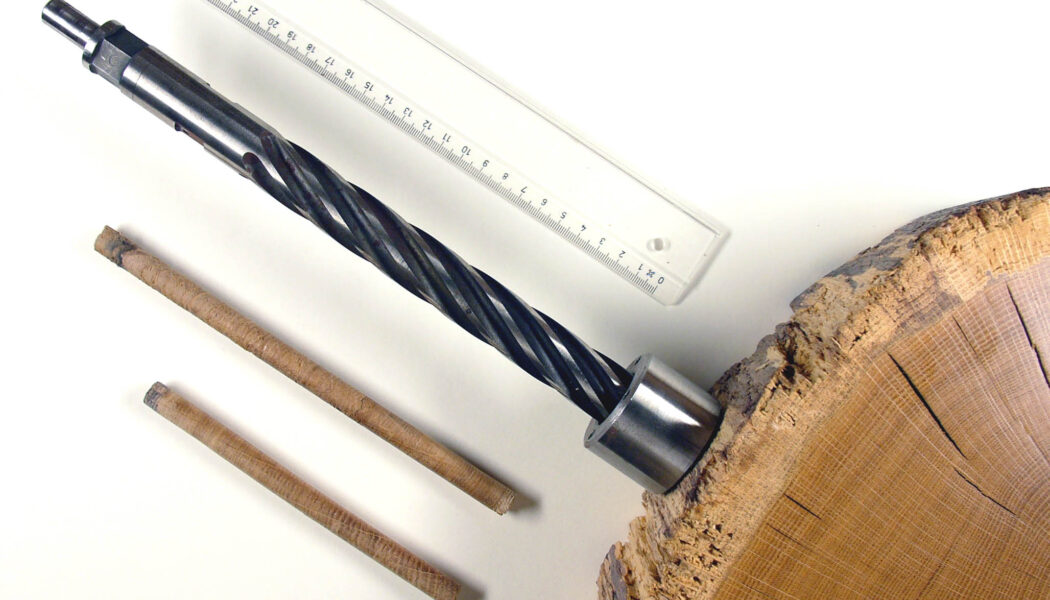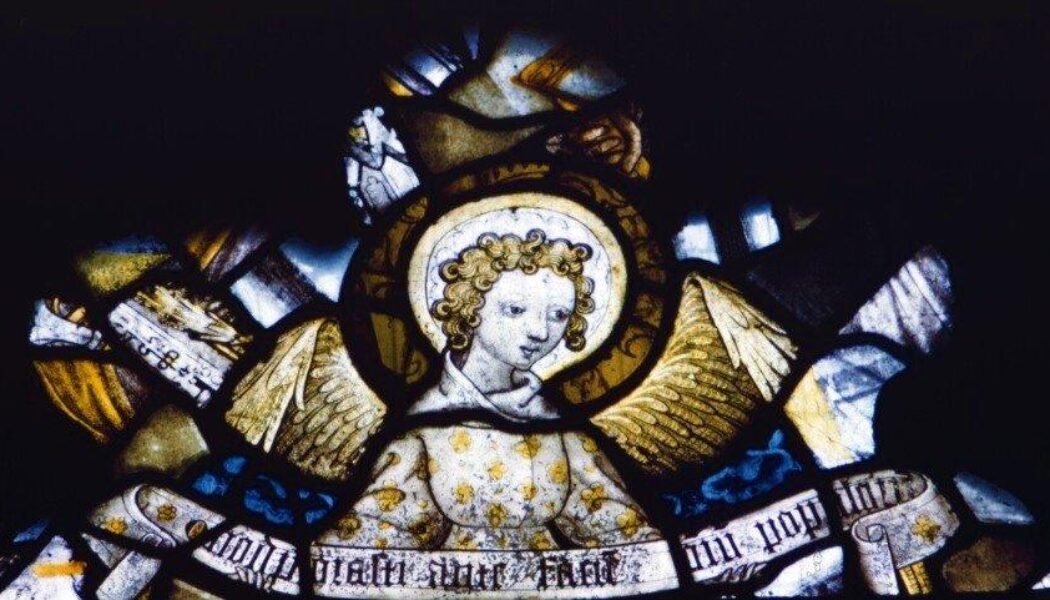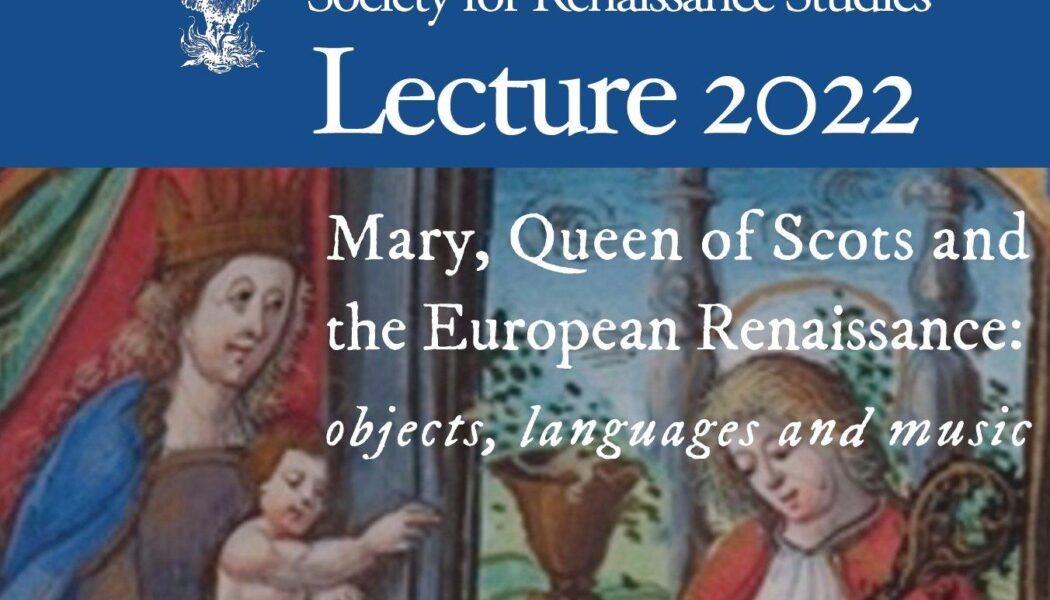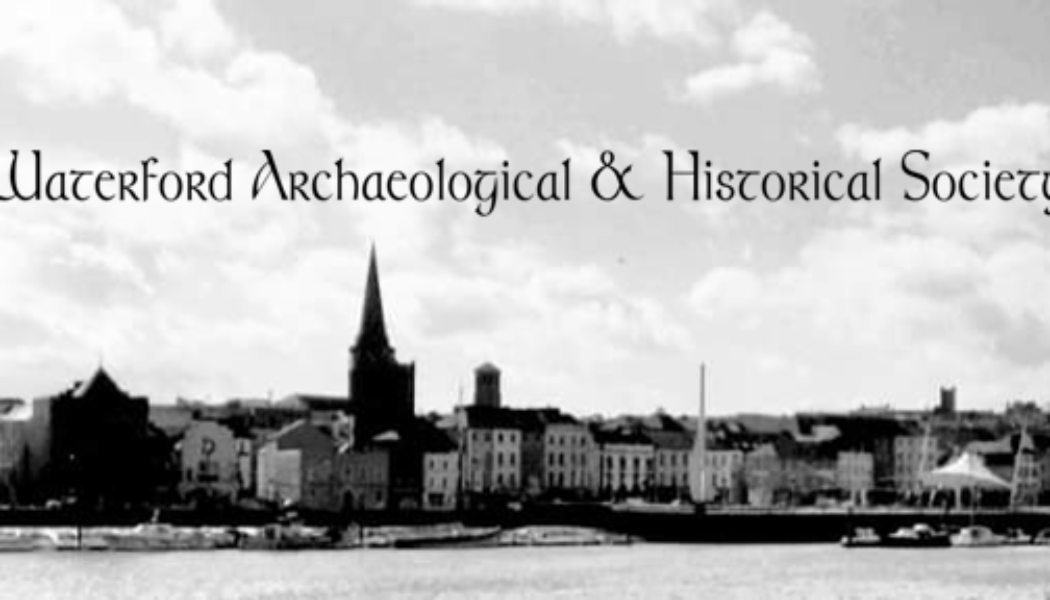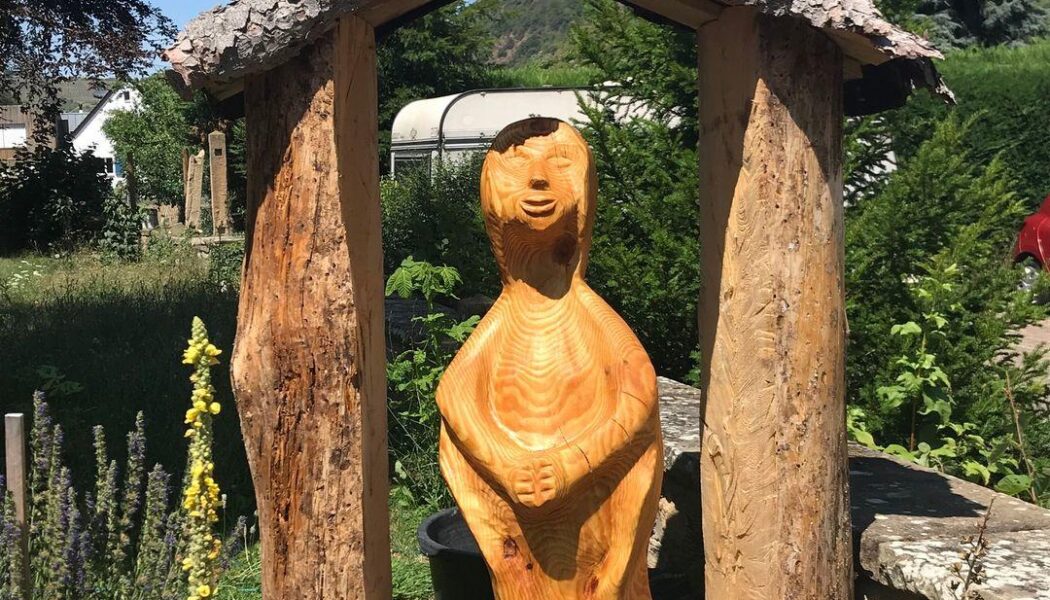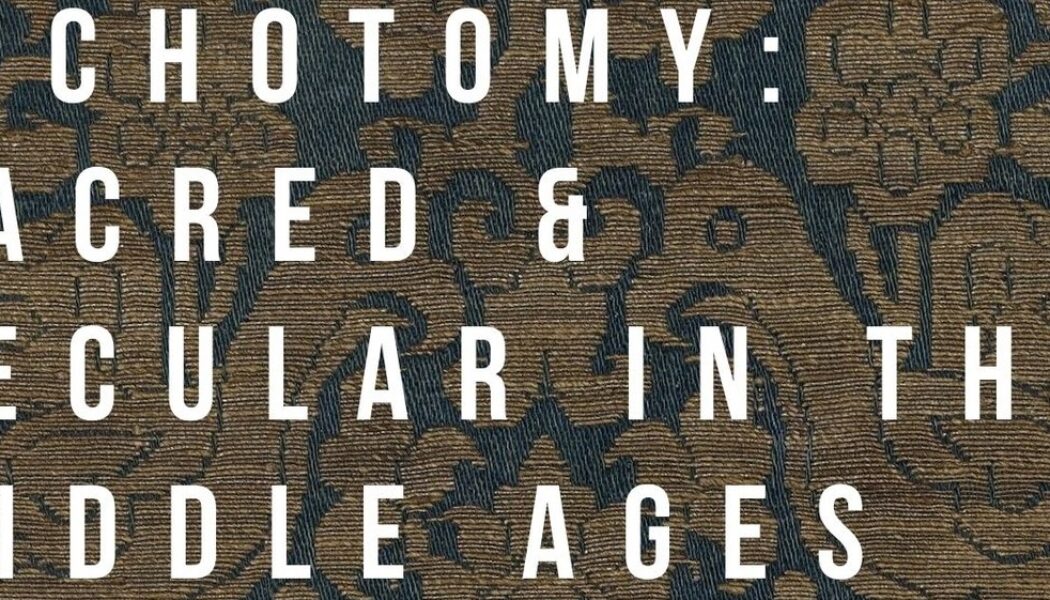lecture
TALK: Helena Hamerow – Feeding Medieval England
Join Professor Helena Hamerow at the Oxford Archaeological Society for her talk titled "Feeding Medieval England: A Long ‘Agricultural Revolution' ".
Online Talk: German Renaissance Sculpture
Completely out of kilter with the developments in Italy of the High Renaissance, this episode in art history is not especially well known, but it is spectacular, with many individual virtuosic sculptors creating astonishing works. Lecture by Dr Victoria Mier
DELAYING DEATH. The Role of Alchemy in Roger Bacon’s Medical Works
Examining the role and influences of alchemy on Roger Bacon's medical works
Giants in Scandinavian Mythology and Folklore with Dr. Tommy Kuusela
A different perspective on giants, moving from Old Norse mythology to younger folklore accounts, and a discussion of similarities and differences.
Introduction to Dendrochronology in Maritime Archaeology
Through a balance of short lectures, demonstrations, practical hands-on sessions and underwater practicals, participants will gain an understanding of the role of dendrochronology within the discipline.
Armchair Archaeology: Digging Digitally with Dr. Lorna Richardson
A talk on how to discover your local historic environment from the comfort of your own home with Dr. Lorna Richardson.
Society for Renaissance Studies Annual Lecture 2022
The lecture brings together scholars to explore the connectedness of Scotland and sixteenth-century Continental Europe.
Talk: Dr Rebecca Boyd ‘The best seat in the house? Being at home in Viking-Age Waterford.’
29/04/2022 Dr Rebecca Boyd ‘The best seat in the house? Being at home in Viking-Age Waterford.’
Hildegard of Bingen: Medieval Herbalist (3-week series)
You are invited to join us for this three-part series exploring some of the herbal remedies recorded by Hildegard of Bingen, a 12th century German Benedictine Herbalist and Natural Healer. We will be using excerpts from her great works, Physica and Causes and Cures.
Hildegard of Bingen: Medieval Herbalist (3-week series)
You are invited to join us for this three-part series exploring some of the herbal remedies recorded by Hildegard of Bingen, a 12th century German Benedictine Herbalist and Natural Healer. We will be using excerpts from her great works, Physica and Causes and Cures.
Hildegard of Bingen: Medieval Herbalist (3-week series)
You are invited to join us for this three-part series exploring some of the herbal remedies recorded by Hildegard of Bingen, a 12th century German Benedictine Herbalist and Natural Healer. We will be using excerpts from her great works, Physica and Causes and Cures.
9th Annual Medieval Studies Colloquium – False Dichotomy: Sacred & Secular in the Middle Ages
The Colloquium offers an opportunity for graduate students in multiple disciplines to present their research in the various fields of medieval studies, share and receive feedback, and participate in discussion on topics of interest with peers from a wider, interdisciplinary community of Medieval Studies scholars, without the restrictions of membership or registration fees.
- 1
- 2

